What Is Considered Self-Defense?
Exploring Effective Self-Defense Products and Weapons
Introduction
As an enthusiast and advisor in the realm of self-defense, I understand the importance of feeling safe and protected in our daily lives. In this article, I will delve into the topic of self-defense, shedding light on what it encompasses and providing valuable suggestions on self-defense products and weapons. By the end of this article, you’ll have a better understanding of what self-defense entails and how to choose the right tools to protect yourself.
Understanding Self-Defense
Self-defense refers to the act of protecting oneself or others from harm or danger through legal means. It involves using reasonable force to counter an imminent threat or attack. The goal of self-defense is to neutralize the threat and ensure personal safety without escalating the situation unnecessarily.
Differentiating Self-Defense and Assault
It’s crucial to differentiate between self-defense and assault. While self-defense is a lawful response to protect oneself or others, assault involves initiating or instigating physical harm to another person without valid justification. Understanding this distinction is essential in determining the legality and morality of any action taken.
Legal Considerations for Self-Defense
Before delving into self-defense products and weapons, it’s vital to familiarize ourselves with the legal considerations surrounding self-defense. Laws regarding self-defense vary across jurisdictions, but some common principles exist. Generally, self-defense is acceptable if the following conditions are met:
- Imminence: The threat must be immediate or impending.
- Proportionality: The force used in self-defense should be proportionate to the threat faced.
- Avoidance: If possible, one should attempt to avoid or de-escalate the situation before resorting to self-defense.
- Reasonableness: The response should be considered reasonable under the circumstances.
It’s crucial to research and understand the specific self-defense laws in your jurisdiction to ensure compliance and responsible action.
Types of Self-Defense Products and Weapons
When it comes to self-defense, various products and weapons are available, ranging from non-lethal options to lethal alternatives. Choosing the right self-defense tool requires careful consideration of factors such as legality, effectiveness, personal preference, and skill level.
1. Non-Lethal Self-Defense Products
1.1 Pepper Spray
Pepper spray, also known as OC spray, is a popular non-lethal self-defense option. It contains oleoresin capsicum, a compound derived from hot peppers, which causes temporary blindness, difficulty breathing, and intense pain when sprayed into an attacker’s face. Pepper spray provides a safe distance between you and the threat, allowing for escape or seeking help.
1.2 Stun Guns
Stun guns deliver an electric shock to temporarily incapacitate an attacker. They work by disrupting the body’s electrical signals, causing loss of muscle control and disorientation. Stun guns are effective at close range and provide a non-lethal option for self-defense.
1.3 Personal Alarms
Personal alarms are compact devices that emit a loud, attention-grabbing sound when activated. They serve as a deterrent by attracting the attention of people nearby, potentially scaring off an attacker and alerting others to the situation.
2. Lethal Self-Defense Products
2.1 Firearms
Firearms are lethal self-defense tools that should be approached with caution and strict adherence to local laws. Proper training, licensing, and responsible ownership are crucial. Firearms offer the potential for effective self-defense at a distance, but they come with significant responsibilities and legal implications.
2.2 Knives and Batons
Knives and batons are close-range self-defense weapons that require skill and training to use effectively. They provide options for disabling an attacker, but their use should be guided by laws and regulations to avoid unintended harm or legal consequences.
2.3 Tasers
Tasers are electroshock weapons that deliver an electrical current to incapacitate an attacker. They operate at a distance and can temporarily disable an individual. Like firearms, proper training and knowledge of legal regulations are essential for responsible taser use.
Factors to Consider when Choosing Self-Defense Products
When selecting a self-defense product or weapon, several factors should be considered:
- Legality and Regulations: Ensure that your chosen tool complies with local laws and regulations.
- Effectiveness and Ease of Use: Assess the product’s effectiveness in various scenarios and consider your comfort and ability to use it effectively.
- Personal Preference and Comfort: Select a tool that aligns with your preferences and provides a sense of confidence and comfort.
- Training and Skill Level: Evaluate the training required to use the tool properly and ensure you’re willing to invest the time and effort necessary.
Conclusion:
In conclusion, self-defense is an essential aspect of personal safety, and choosing the right products and weapons can significantly impact your ability to protect yourself effectively. Understanding the legal considerations, differentiating between self-defense and assault, and considering the various options available are key steps in the process. By prioritizing safety, awareness, and responsible decision-making, you can take significant strides towards securing your personal well-being.
FAQs
- Q: Are self-defense products legal everywhere?
- A: The legality of self-defense products varies across jurisdictions. Research and adhere to local laws to ensure compliance.
- Q: Can self-defense products guarantee personal safety?
- A: Self-defense products are tools that can enhance personal safety, but they don’t guarantee complete invulnerability.
- Q: Do I need training to use self-defense products effectively?
- A: Training and practice are beneficial for maximizing the effectiveness of self-defense products. Seek proper instruction for optimal use.
- Q: Are lethal self-defense products recommended for everyone?
- A: Lethal self-defense products, such as firearms, require significant responsibility, training, and adherence to legal regulations. They may not be suitable for everyone.
- Q: Can self-defense products substitute professional self-defense training?
- A: While self-defense products can provide an added layer of protection, professional training in self-defense techniques is invaluable and highly recommended.


